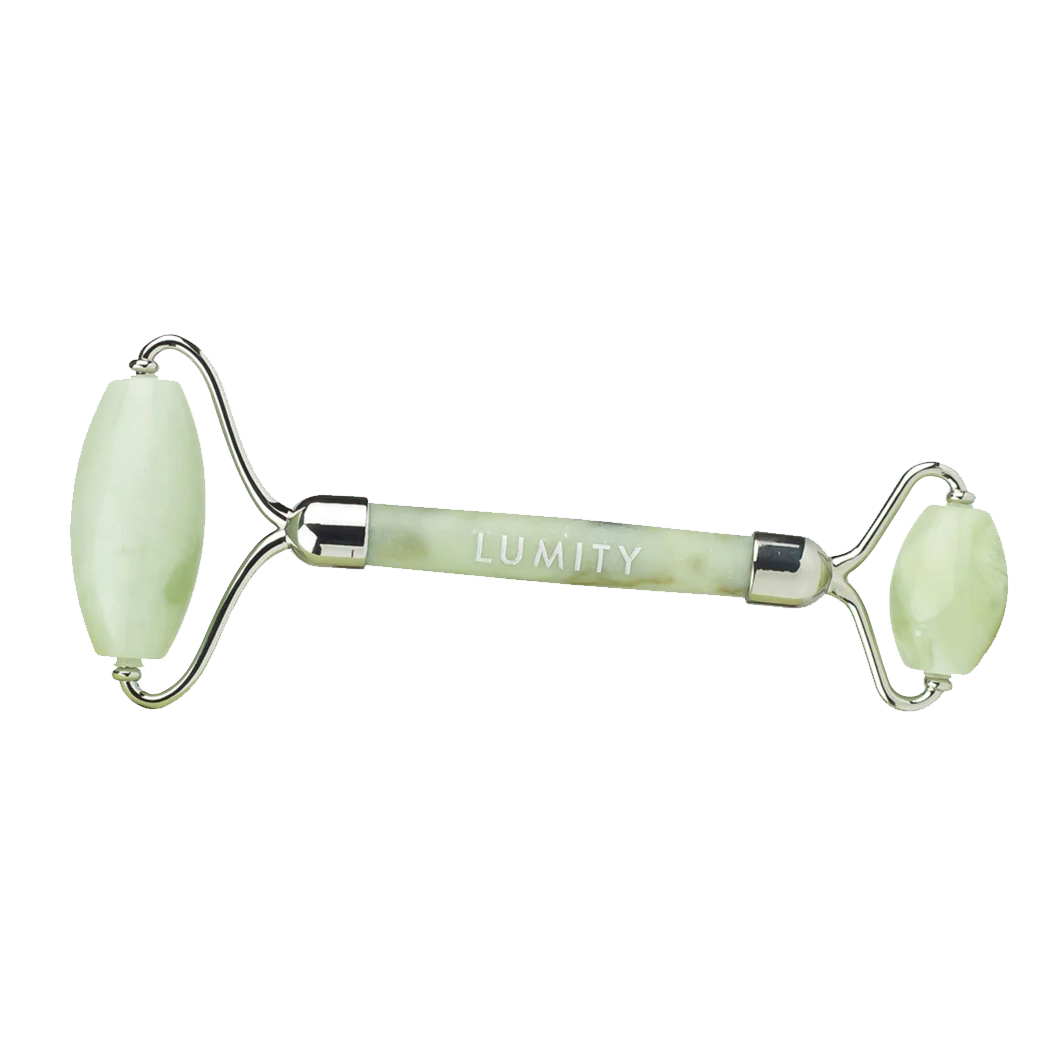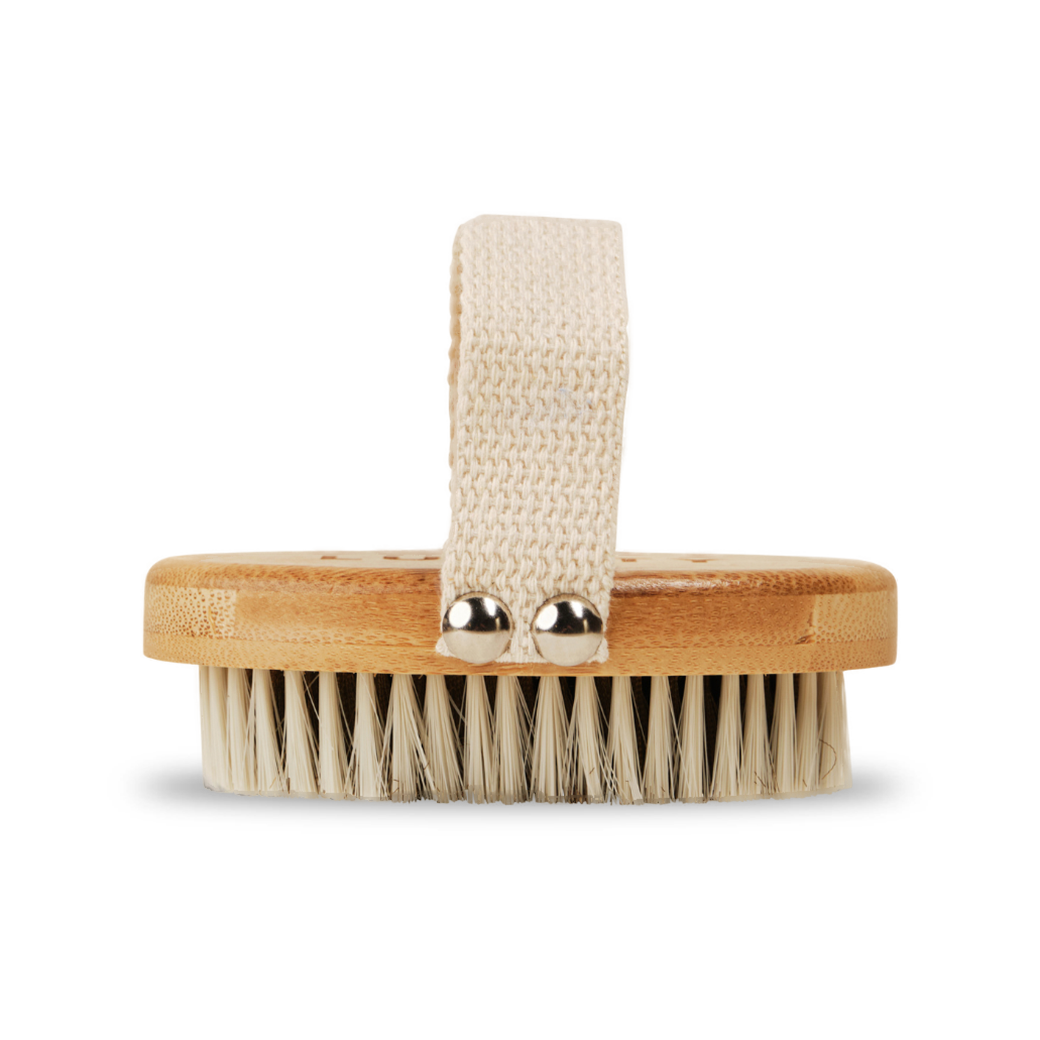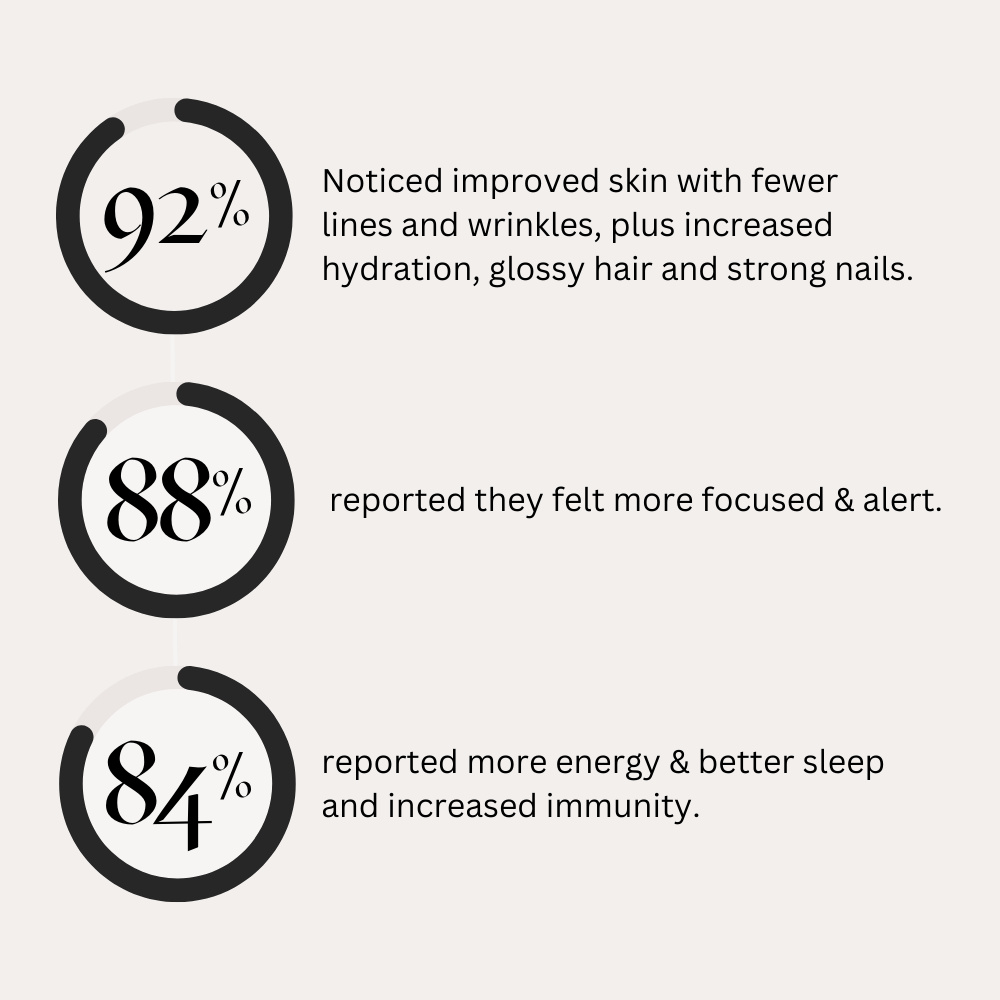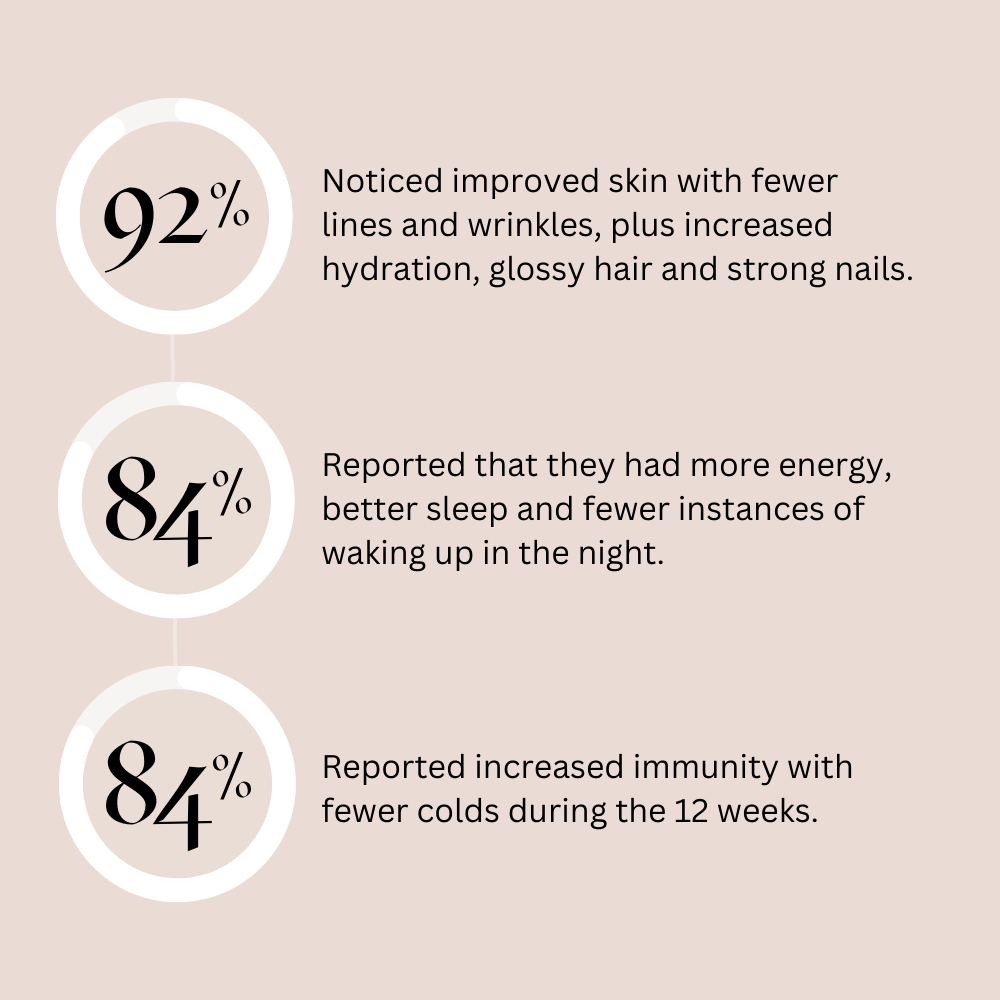8th NOVEMBER 2023
Causes of Sleeplessness & Techniques for Better Sleep
Sleeplessness, also known as insomnia, is a common problem that affects millions of people around the world. It’s characterised by difficulty falling, staying asleep, or both. People with insomnia may wake feeling unrefreshed and tired, which can negatively impact their daily lives.
If you struggle with poor sleep, then it’s important to know you’re not alone in this, insomnia is a very common problem that affects people of all ages, genders, and backgrounds. It’s estimated that around 30% of adults experience insomnia at some point in their lives! The good news is that there are many effective treatment options available, including lifestyle changes, CBT training and natural supplements which we’ll be exploring in this newsletter.
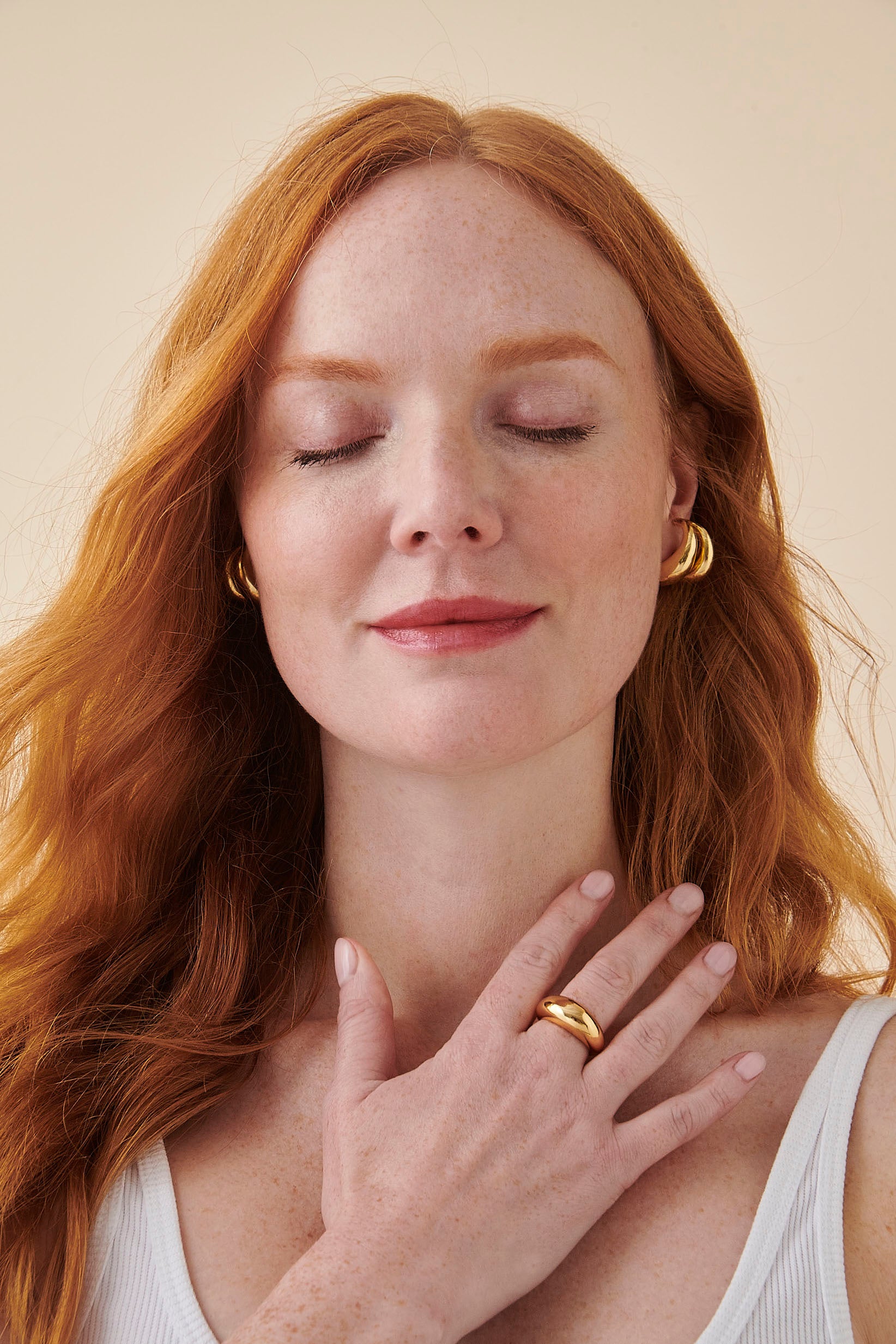
What are the most common causes of sleeplessness?
- Stress - Stress & anxiety can make it difficult to relax & fall asleep at night.
- Chronic pain - pain from conditions such as arthritis or fibromyalgia can make it difficult to find a comfortable position and fall asleep.
- Medication – such as anti-depressants and stimulants, can affect sleep patterns.
- Caffeine or nicotine - consuming either of these close to bedtime, can make it difficult to fall asleep.
- Poor sleep habits - having an irregular sleep schedule, napping during the day or using electronic devices before bedtime can disrupt the sleep-wake cycle.
- Medical conditions - medical conditions such as sleep apnea, restless leg syndrome or thyroid problems can affect sleep.
- Hormonal changes - changes such as those that occur during menopause, can disrupt sleep patterns.
- Jet lag - travelling can cause temporary sleep disturbances.
If you feel that your poor sleep can be attributed to stress, anxiety, or your lifestyle, then considering different sleep hygiene techniques could be really beneficial.
Sleep Hygiene Techniques
Achieving a good night's sleep is essential for maintaining overall health and well-being. However, for many of us, getting enough quality sleep can be a challenge. Fortunately, there are several sleep hygiene techniques that can help to improve sleep.
- Maintain a regular sleep schedule: Going to bed and waking up at the same time every day can help to regulate your body's internal clock and make it easier to fall asleep and stay asleep. Yes, even at the weekends!
- Create a comfortable sleep environment: Keep your bedroom dark, quiet, and at a comfortable temperature. Use comfortable bedding and a supportive mattress.
- Avoid caffeine and alcohol close to bedtime: Caffeine and alcohol can disrupt sleep, so it's best to avoid them in the evening.
- Engage in regular physical activity: Regular exercise can help to improve sleep by promoting relaxation and reducing stress. However, it's best to avoid vigorous exercise close to bedtime.
- Try a breathing exercise to help sleep: The 4-7-8 breathing technique can help to promote relaxation and make it easier to fall asleep. To do this, inhale for a count of 4, hold for a count of 7, and exhale for a count of 8. Repeat this for several minutes.
- Try meditation or reading: Engaging in activities such as meditation or reading can help to promote relaxation and make it easier to fall asleep.
- Try natural supplements: Magnesium, or holy basil can help to improve sleep by promoting relaxation and regulating the sleep-wake cycle.
- Make a list of things to do before bed: making a list of things you need to do the next day or things you're grateful for, it can help you to relax and clear your mind before going to sleep.
- Stay away from screens at least 30 minutes before bed: the blue light that screens emit can interfere with the production of melatonin, making it harder for you to fall asleep.
- Try a sleep mask, earplugs or white noise: If you have trouble sleeping due to light or noise, using a sleep mask, earplugs, or white noise can help to create a more conducive sleep environment.
- The 15-minute Rule: this is a highly effective CBT technique to improve insomnia caused by anxiety/stress. Instead of lying awake getting frustrated, if you are unable to sleep after 15 minutes of being in bed you get up & leave your bedroom. Engage in quiet, relaxing activities such as reading, or listening to soothing music. When tired again, get back into bed for another 15 minutes. It can be a challenging rule to begin with, but persevere and it will make a difference!
By implementing these sleep hygiene techniques, you can improve your sleep and feel more refreshed and rejuvenated during the day.
Remember that everyone is different and what works for one person may not work for another, so don't hesitate to experiment with different techniques and find what works best for you.
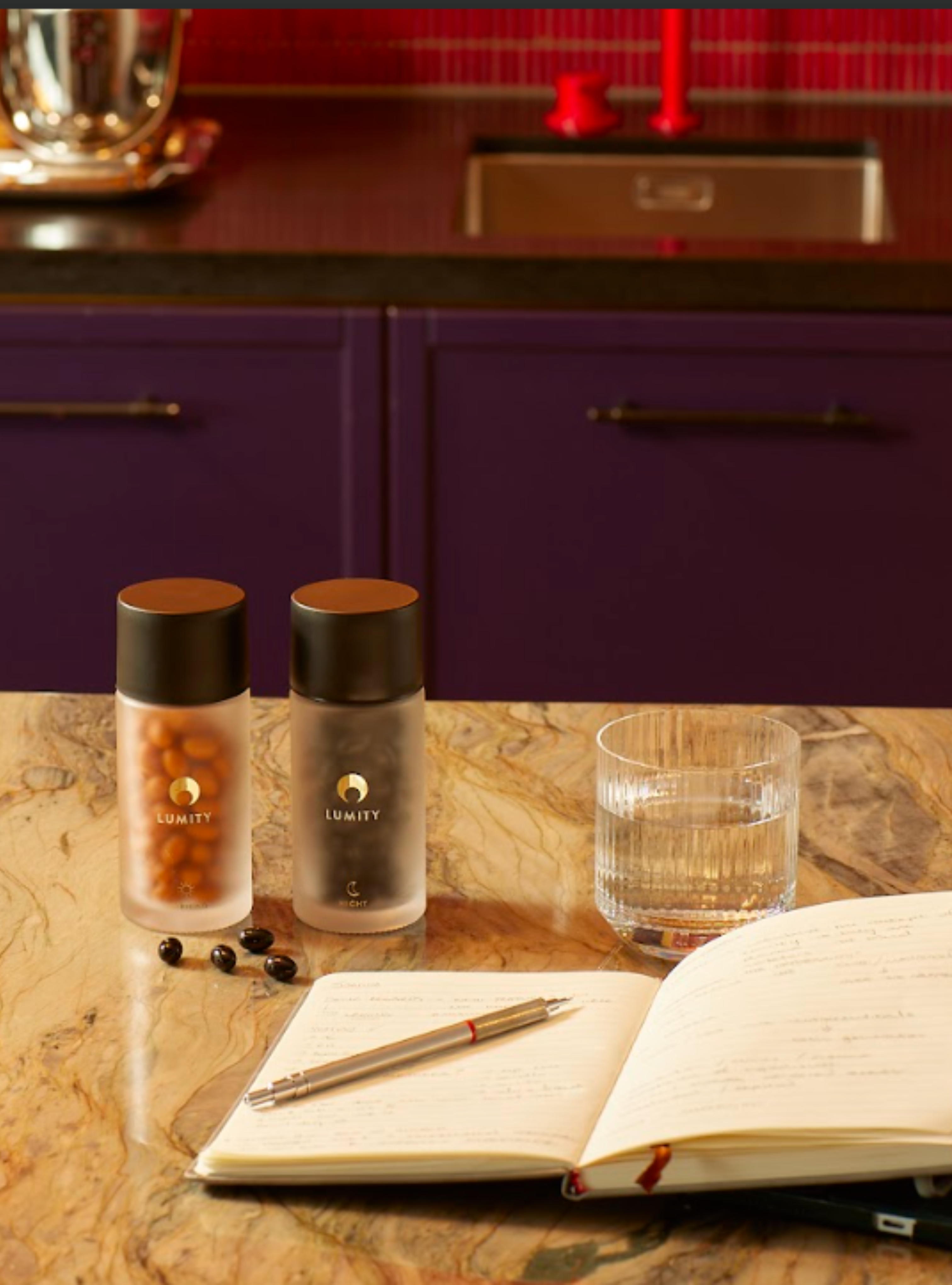
Please note if you suspect sleeplessness due to a medical condition, medication, or hormonal changes, it’s important to speak to your healthcare provider.
Contributing nutritionist Alicia Cooper – DIP-NT, mBANT, CNHC
Lumity's Sleep Essentials









